Does air conditioning use gas? Air conditioning has become a staple in homes and businesses worldwide, providing much-needed relief during hot summer months. However, one question that often arises is whether air conditioning systems use gas to operate. Understanding the mechanics behind air conditioning and the energy sources it utilizes is crucial for homeowners looking to make informed decisions about energy efficiency, costs, and environmental impact. Let’s go over does air conditioning use gas.
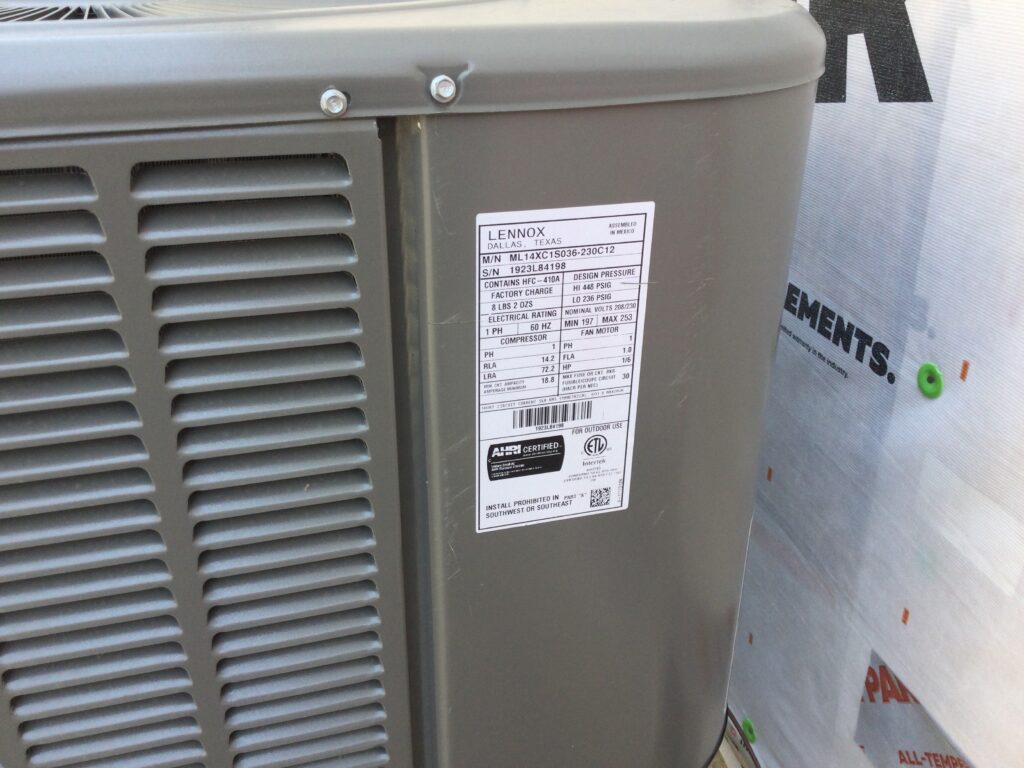
How Air Conditioning Works
To comprehend whether air conditioners use gas, it’s important to first understand how these systems function. Air conditioning operates on the principle of heat exchange. It removes heat from the indoor air and transfers it outside, cooling the indoor environment in the process. This process is primarily driven by electricity, which powers components such as the compressor, condenser, and evaporator.
The refrigerant, a specialized fluid within the system, plays a pivotal role in absorbing and releasing heat as it cycles between liquid and gaseous states. This cycle is made possible by the compressor, which is the heart of the air conditioning system. While electricity is the primary energy source, gas may come into play depending on the type of system in use.
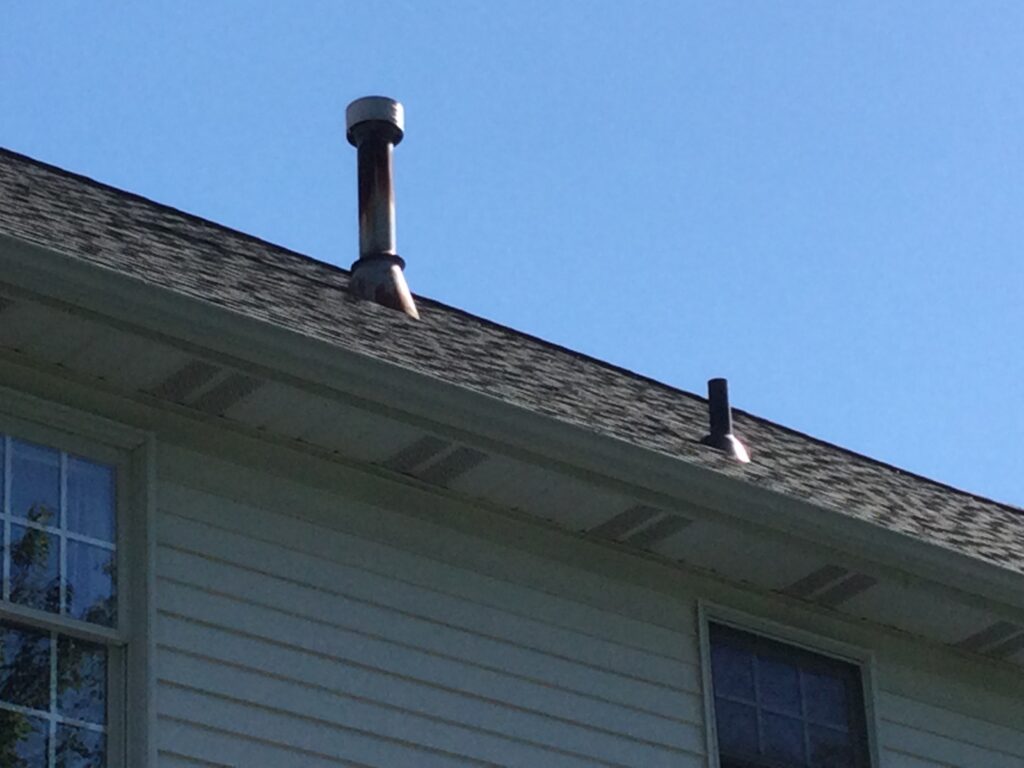
Types of Air Conditioning Systems
1. Electric-Powered Air Conditioners
The vast majority of residential and commercial air conditioning systems are powered solely by electricity. These include central air conditioners, window units, and ductless mini-split systems. In these systems, electricity powers all components, and no gas is required for operation.
2. Gas-Powered Air Conditioning Systems
Some air conditioning systems, particularly older models or specialized units, use natural gas as a fuel source. These gas-powered systems typically rely on gas to drive the compressor or power an absorption cooling process. While less common in modern residential settings, gas-powered air conditioners are sometimes found in industrial applications or areas where natural gas is more cost-effective than electricity.
3. Hybrid Systems
Hybrid HVAC systems combine gas and electricity to maximize efficiency. These systems often include a heat pump that operates electrically and a gas furnace for supplemental heating during colder months. While the cooling function in hybrid systems is usually electric, the integrated use of gas for heating can lead to questions about gas usage in the cooling process.

When Does Gas Come Into Play?
For most air conditioning systems, gas is not directly involved in the cooling process. However, gas may be used indirectly in certain scenarios:
- Gas-Powered Generators: In homes or businesses with backup power generators that run on natural gas or propane, the air conditioner may indirectly rely on gas during power outages.
- Absorption Chillers: These are specialized cooling systems often used in industrial or commercial settings. They use natural gas or other heat sources to drive the cooling process rather than relying solely on electricity.
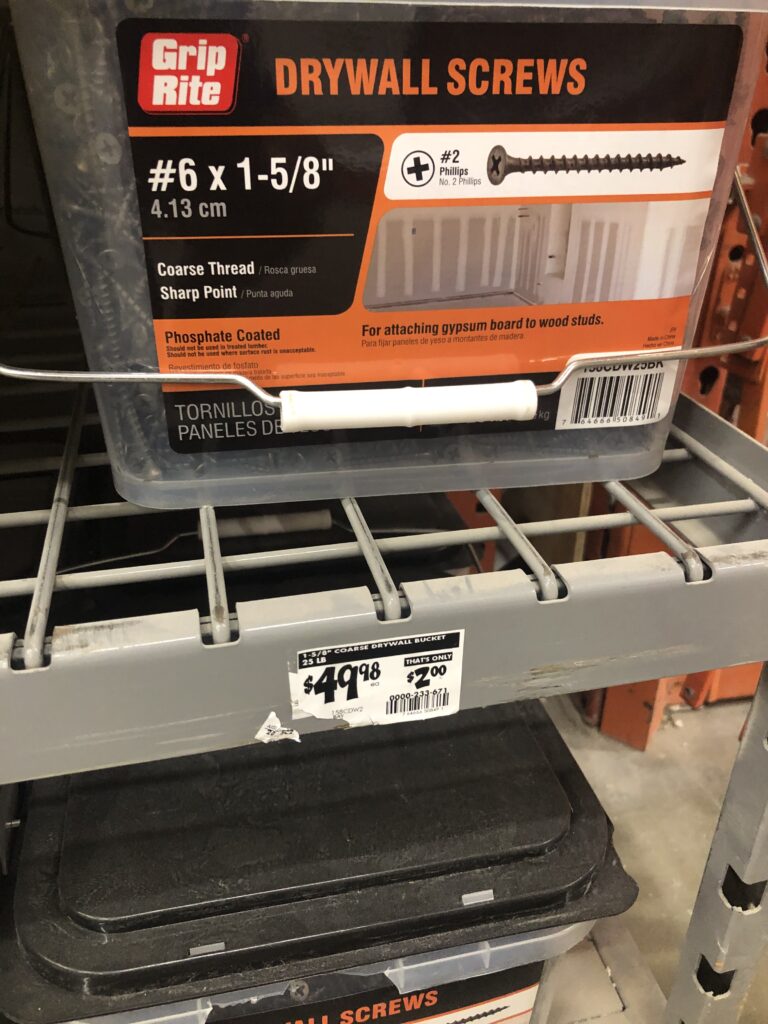
The Environmental Impact – Does Air Conditioning Use Gas
The question of whether air conditioning uses gas also ties into broader environmental considerations. Electricity-powered systems typically rely on the local energy grid, which may be powered by a mix of renewable and non-renewable sources. In areas where natural gas is abundant, gas-powered air conditioners may offer a more eco-friendly alternative, especially if the electricity grid is heavily reliant on coal or oil.
On the flip side, natural gas is a fossil fuel, and its extraction and use contribute to greenhouse gas emissions. The environmental impact of your air conditioning system depends on various factors, including its energy source, efficiency, and the carbon footprint of your local energy supply.

Energy Efficiency Considerations
When evaluating air conditioning systems, energy efficiency is a key factor to consider. Modern electric-powered air conditioners are often more energy-efficient than older models or gas-powered units. Look for systems with high SEER (Seasonal Energy Efficiency Ratio) ratings, which indicate better energy performance.
For homeowners considering gas-powered systems, it’s essential to weigh the potential cost savings against the environmental impact. Hybrid systems can be a good compromise, offering the flexibility to switch between gas and electricity depending on energy prices and environmental conditions.
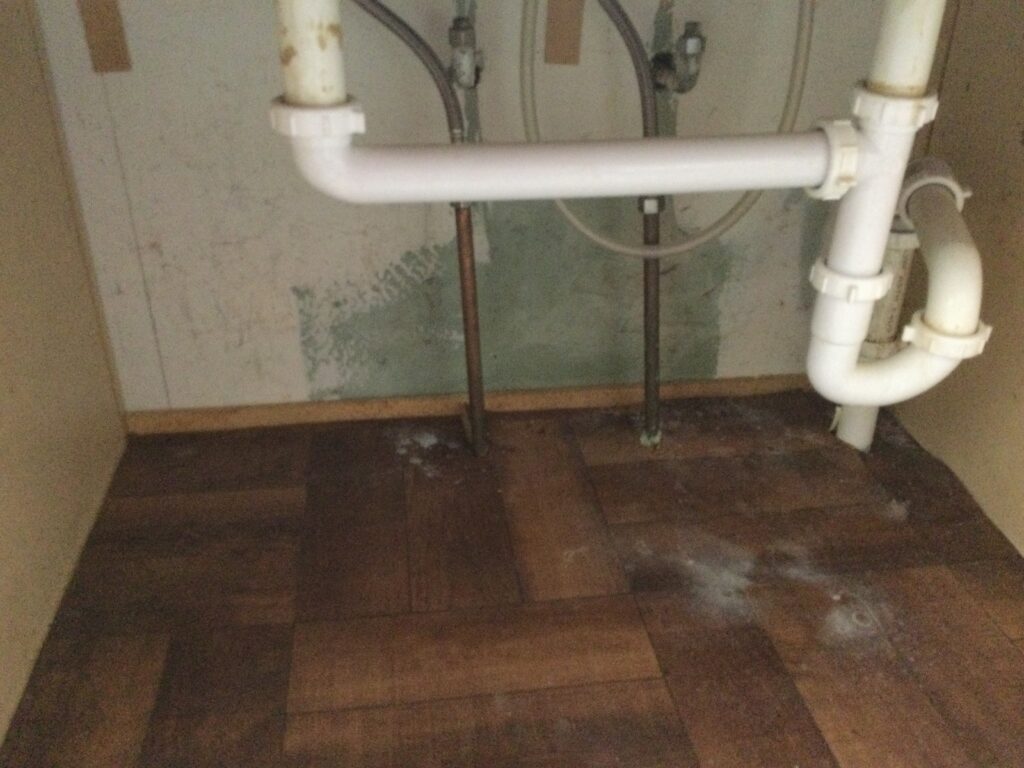
Cost Implications
The cost of operating an air conditioner depends on its energy source and efficiency. Electricity-powered systems are generally more common and accessible, making them a cost-effective choice for many households. However, in regions where natural gas is more affordable, gas-powered systems might offer lower operating costs.
Maintenance costs also vary between systems. Electric air conditioners typically require less maintenance than gas-powered units, which may involve additional components like burners or gas lines. Understanding these cost implications can help homeowners choose a system that aligns with their budget and long-term needs.
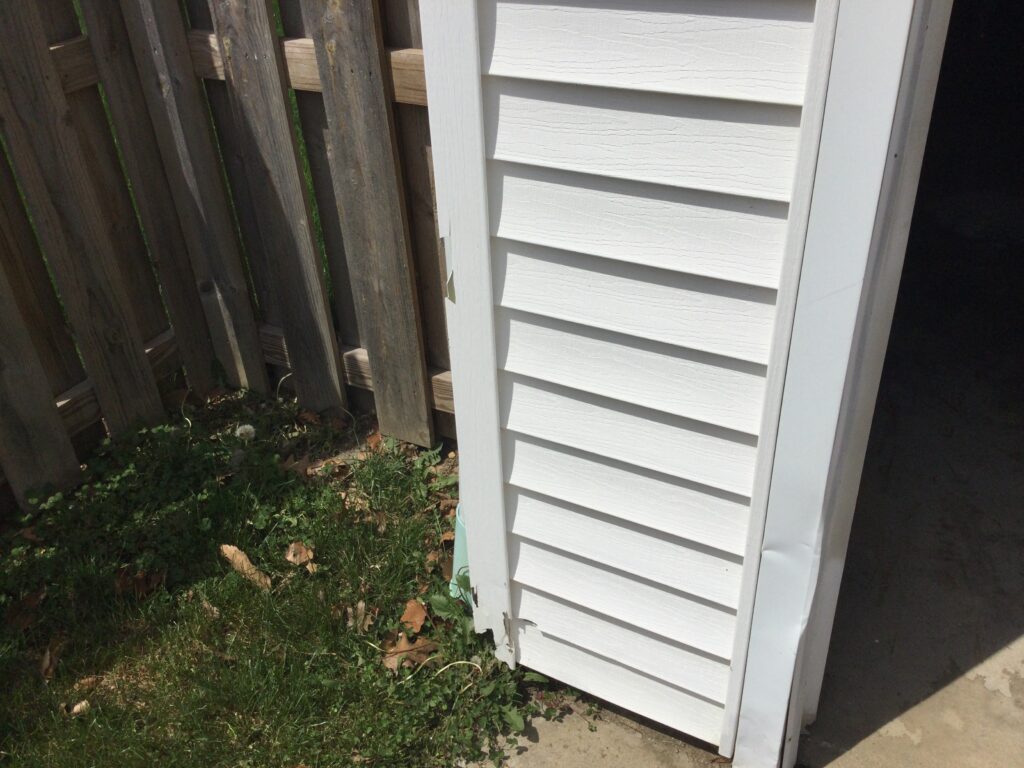
Conclusion
Air conditioning systems primarily rely on electricity to function, but gas-powered and hybrid systems do exist in certain applications. For most residential users, electric-powered units are the standard, offering reliable and energy-efficient cooling. However, understanding the role of gas in specific systems can help homeowners make informed choices about energy use, environmental impact, and overall costs.
At Icon Home Inspectors, we’re committed to providing clear and comprehensive information about home systems to help you make the best decisions for your property. Whether you’re evaluating an existing air conditioning system or considering an upgrade, understanding the energy sources involved is key to optimizing performance and sustainability. We hope this answers your question about does air conditioning use gas.